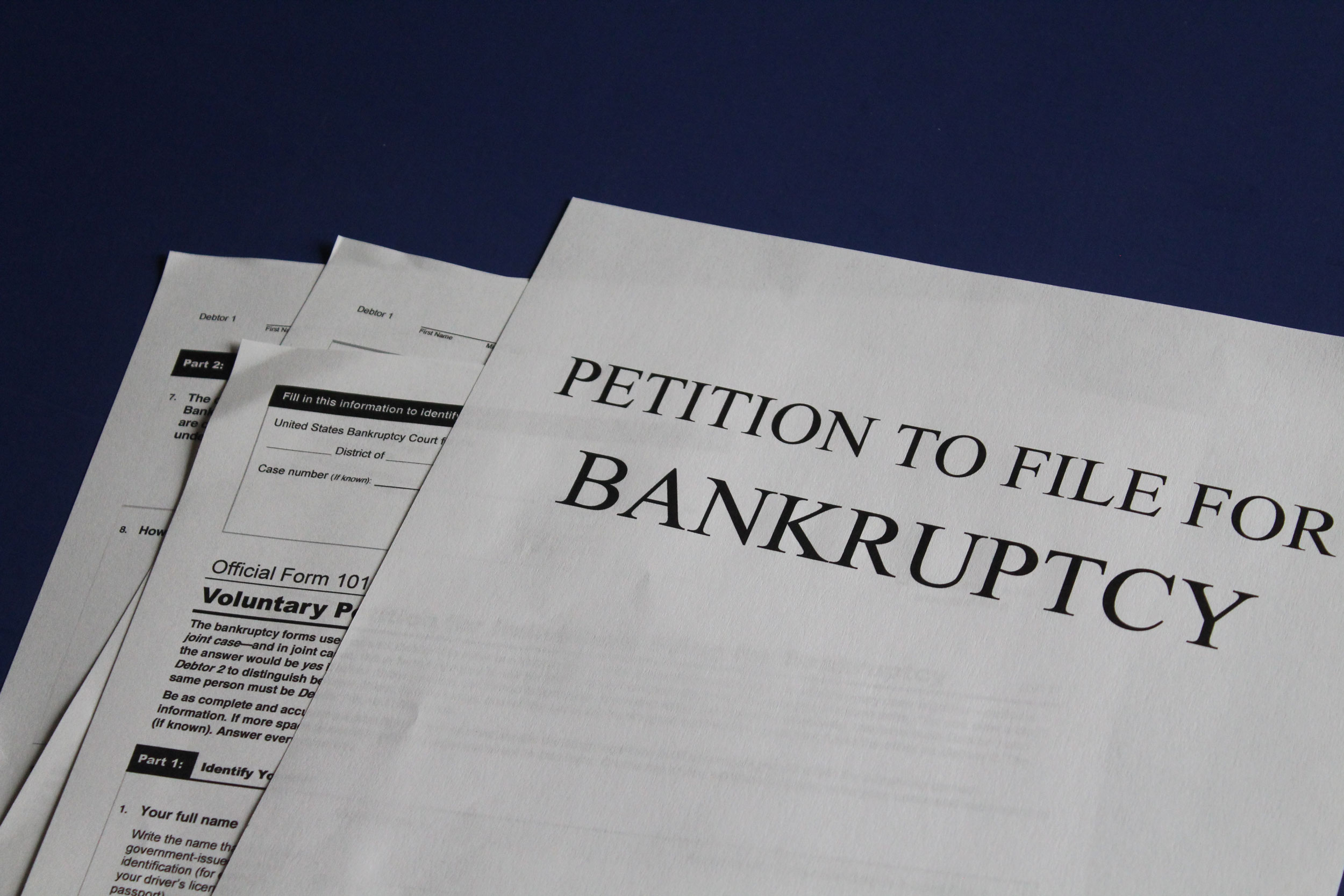On June 15, 2023 the U.S. Supreme Court ruled that the United States Bankruptcy Code unambiguously abrogates the sovereign immunity of all governments, including federally recognized Indian tribes. In Lac du Flambeau Band of Lake Superior Chippewa Indians v. Coughlin, the Court found that Section 106 of the Bankruptcy Code applies to tribal governments the same as other governments. The Supreme Court Decision is available here.
In this case, the tribe had pursued collection actions against a debtor claiming bankruptcy. Section 106 allows debtors to avoid collection actions after claiming bankruptcy. The Supreme Court ruled that the debtor was able to use the Bankruptcy Code to stop the collection actions by the tribe.
The 8-1 decision affirmed general language in the Bankruptcy Code applying to “governmental units” to find that the Code “unequivocally strips tribes of their immunity.” To reach their decision, the majority examined the definition of “a government unit” in § 106, finding that its inclusion of any “other foreign or domestic government” included tribes.
By finding that a general provision of the U.S. Code like § 106 can abrogate the sovereign immunity of tribes without specifically mentioning tribes, the decision threatens to weaken the sovereign immunity of tribes with respect to similarly general statutes. In this sense, the decision upends the well-settled precedent that, in order to make an abrogation of sovereign immunity applicable to tribes in statute, Congress must explicitly mention tribes by name.
In dissent, Justice Neil Gorsuch highlighted that the ruling is the first time that the Court has found that Congress divested tribes of their sovereign immunity without explicitly mentioning them as Indians, Native Americans, Indigenous Peoples or “domestic dependent nations.” Congress regularly utilizes such language when intending to pull tribes under a statute’s purview, in recognition of the unique status that federally recognized tribes hold under the United States Constitution and in recognition of the foreboding historical context from which that status arose.
The ruling dilutes the “unequivocal-expression standard” for stripping tribal immunity in a Congressional statute. The ruling has immediate repercussions for tribes who must now consider how to strategically approach bankruptcy proceedings. Even worse, Justice Thomas took it a step further in a concurring opinion urging the high court to “simply abandon its judicially created tribal sovereign immunity doctrine.” It appears that in every opinion, Justice Thomas is seeking opportunities to erode the sovereign immunity of tribal governments.
Patterson Earnhart Real Bird & Wilson LLP is dedicated to the representation of American Indian tribes, tribal entities, and individual Indians across the United States. Our mission is to support and advance the sovereignty, self-sufficiency, and self-governance of our tribal clients. To learn more about how we can assist your tribe, contact our Colorado office at (303) 926-5292.

